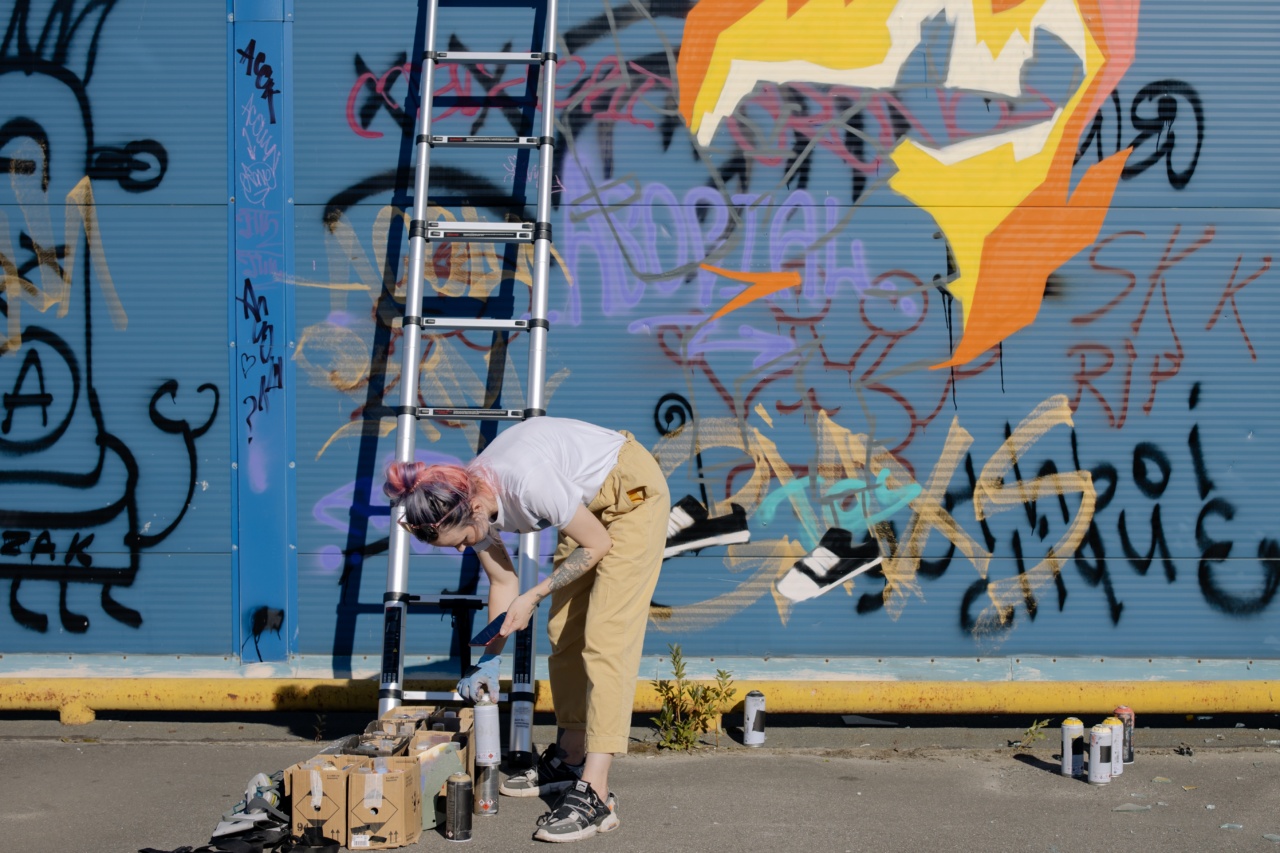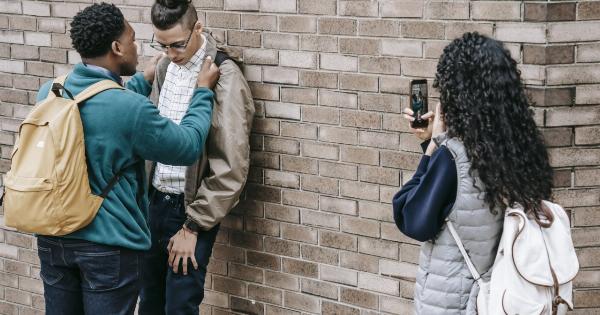Relationships are lovely, but it takes a lot to sustain them. It takes two people working together to make things work by putting their best foot forward.
The journey of every relationship is different, with different experiences and challenges unique to every couple. However, there’s one thing that can’t be ignored; the role of personalities in shaping the outcome of any relationship.
There’s no denying that personalities play a massive role in any relationship. While some personalities bring about harmony, some relationships fail due to destructive personality traits.
One such trait that has a negative impact on relationships is the inability to apologize.
What is the Inability to Apologize?
The inability to apologize is a personality trait where one is unable to admit their wrongs and apologize for them. It’s a trait that manifests in people in different ways.
Some may justify their actions, while others go silent and try to sweep the issue under the rug. Others would rather keep their pride and allow things to escalate into bigger problems rather than apologizing.
The Impact of this Trait in Relationships
The inability to apologize can have a devastating impact on any relationship. Relationships are built on love, trust, affection, and communication. When one of these pillars starts to crumble, everything else falls apart.
Apologizing is an acknowledgment of one’s faults or mistakes, which leads to forgiveness and a strengthened bond.
In contrast, the inability to apologize breeds resentment and bitterness. When one person refuses to apologize for a wrongdoing, the other person feels disregarded and disrespected.
It creates a toxic environment where the victim feels unheard and dismissed, while the offender is unyielding. This creates distance, sadness, and dissatisfaction in any relationship.
Why Can’t People Apologize?
There are many reasons why people find it hard to apologize. Pride, ego, and stubbornness are usually at the top of the list.
Some people believe that apologizing is a sign of weakness, while others feel that apologizing means taking full responsibility for the issue, which is rightly or wrongly theirs.
Another reason why people find it hard to apologize is that they link apologizing to a loss of power and control. They feel that apologizing is handing over control and power to the offended party, which diminishes their standing in the relationship.
This is especially true for those in power or for those who feel like they are the authoritative figure in the relationship.
The Consequences of an Apology-Free Relationship
An apology-free relationship is one that is ridden with unresolved conflicts and grudges. It’s a relationship that’s one-sided, where one party feels hurt and resentful, while the other feels that they’ve done no wrong.
These grudges and unresolved conflicts slowly erode any love and affection that’s slowly built over the course of the relationship.
Other consequences of an apology-free relationship include;.
- Increased arguments and fights
- Difficulty in resolving conflicts
- Heightened stress levels
- Diminished communication in the relationship
- Lack of understanding
The above consequences negate everything that a relationship stands for. The conflicts and fights eat away at the relationship, and soon there’s nothing left to salvage or hold on to.
How to Apologize in a Relationship
Apologizing is an essential tool for resolving conflicts and strengthening any bond. While it might seem hard at first, apologizing becomes more manageable with practice. Some tips on how to apologize include;.
Recognize Your Role in the Situation
The first step in apologizing is recognizing your role in the situation. Acknowledge that you are responsible for the hurt or damage done and take full accountability for your actions.
This shows the other person that you recognize their pain and are willing to make amends.
Be Genuine and Honest
When apologizing, be genuine and honest in what you’re saying. Sincerity comes through in your words and tone, so take your time and say what you genuinely mean.
Avoid apologizing just for the sake of it, as it may lead to more conflicts and misunderstanding later on.
Show Empathy
Empathy shows that you’re invested in the other person’s feelings. It’s essential to show empathy when apologizing as it shows that you understand how they feel. This helps to create a more understanding and loving environment.
Take Action
Apologizing is one part of the healing process, but taking action is just as important. If you’ve promised to change or make amends, then follow through with the action.
This shows that you’re committed to bettering the relationship and that your apology wasn’t just an empty gesture.
Conclusion
The inability to apologize is a personality trait that can destroy any relationship. Apologizing is a crucial tool in resolving conflicts and strengthening the bond between two people.
The consequences of an apology-free relationship are toxic, and the relationship is bound to fail. Apologizing is a simple yet challenging thing to do, but with practice, it becomes easier. Being genuine, empathetic, and taking action are all steps in the right direction towards a healthier and happier relationship.


























